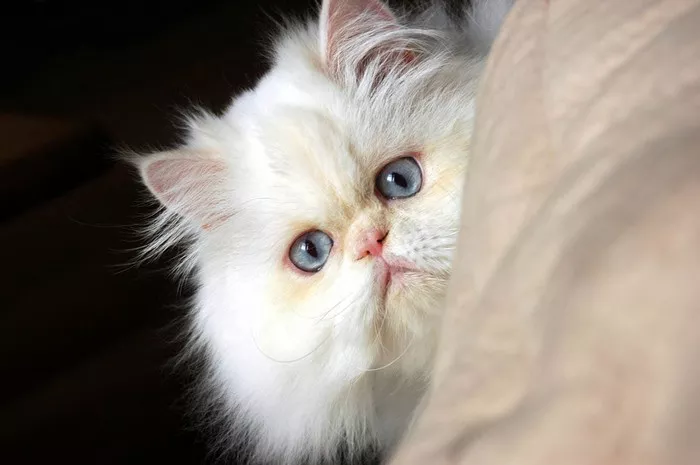As pet owners, we often find ourselves tempted to share our meals with our beloved feline companions. While it’s natural to want to treat them, it’s crucial to ensure that any human food offered to cats is safe and nutritious. In this comprehensive guide, we explore what human food to feed cats, providing insights into safe options and potential hazards.
Understanding Your Cat’s Nutritional Needs:
Carnivorous Diet:
Cats are obligate carnivores, meaning they require a diet primarily composed of animal protein to thrive.
Their nutritional needs include essential amino acids, such as taurine, which are found predominantly in animal-based foods.
Balanced Diet:
A balanced cat diet consists of high-quality commercial cat food formulated to meet their specific nutritional requirements.
While occasional treats of human food can be offered, they should not replace a complete and balanced cat diet.
Feeding Human Food to Your Cat:
Safe Options:
Certain human foods can be safely fed to cats in moderation, providing additional variety to their diet.
Safe options include cooked lean meats such as chicken, turkey, or beef, as well as small amounts of cooked fish like salmon or tuna.
Vegetables and Fruits:
Some cats may enjoy small portions of cooked vegetables such as carrots, green beans, or peas.
Fruits like cantaloupe, watermelon, or blueberries can be offered as occasional treats, but cats may not be as interested in them due to their lack of natural sweetness.
Dairy Products:
While cats are lactose intolerant and should not consume cow’s milk, small amounts of plain yogurt or cheese may be tolerated by some cats.
It’s essential to monitor your cat for any signs of digestive upset when introducing dairy products into their diet.
Human Foods to Avoid:
Toxic Foods:
Several common human foods are toxic to cats and should be strictly avoided. These include chocolate, caffeine, alcohol, onions, garlic, grapes, and raisins.
These foods can cause a range of health issues, including gastrointestinal upset, organ failure, and even death in severe cases.
High-Fat Foods:
Foods high in fat, such as fried foods or fatty cuts of meat, can be difficult for cats to digest and may lead to pancreatitis or obesity.
Avoid feeding your cat foods that are excessively greasy or high in unhealthy fats.
Seasonings and Spices:
Cats have sensitive digestive systems and may react negatively to certain seasonings and spices commonly used in human cooking.
Avoid feeding your cat foods seasoned with garlic, onion, salt, or other spices that could irritate their stomach or cause gastrointestinal issues.
Tips for Introducing Human Food to Your Cat:
Moderation is Key:
When offering human food to your cat, do so in moderation and as occasional treats rather than regular meals.
Monitor your cat’s reaction to new foods and discontinue any items that cause digestive upset or allergic reactions.
Food Preparation:
Ensure that any human food offered to your cat is thoroughly cooked and free from seasonings, spices, and additives that could be harmful.
Remove any bones, skin, or excess fat from meat before offering it to your cat to prevent choking or digestive issues.
Observe Portion Sizes:
Keep portion sizes small when offering human food to your cat, particularly if it is unfamiliar or high in fat.
Overfeeding can lead to obesity and other health problems, so exercise caution and restraint when sharing meals with your cat.
Consulting Your Veterinarian:
Individualized Advice:
Every cat is unique, and what works well for one cat may not be suitable for another.
Consult with your veterinarian before introducing any new foods into your cat’s diet, especially if they have pre-existing health conditions or dietary restrictions.
Professional Recommendations:
Your veterinarian can provide personalized guidance on appropriate human foods for your cat based on their age, health status, and nutritional needs.
They can also offer recommendations on commercial cat foods that align with your cat’s dietary requirements.
Conclusion:
While it can be tempting to share our meals with our feline companions, it’s essential to approach feeding human food to cats with caution and mindfulness. By understanding your cat’s nutritional needs, offering safe options in moderation, and consulting with your veterinarian, you can ensure that your cat enjoys a balanced and healthy diet that supports their well-being and longevity.
























